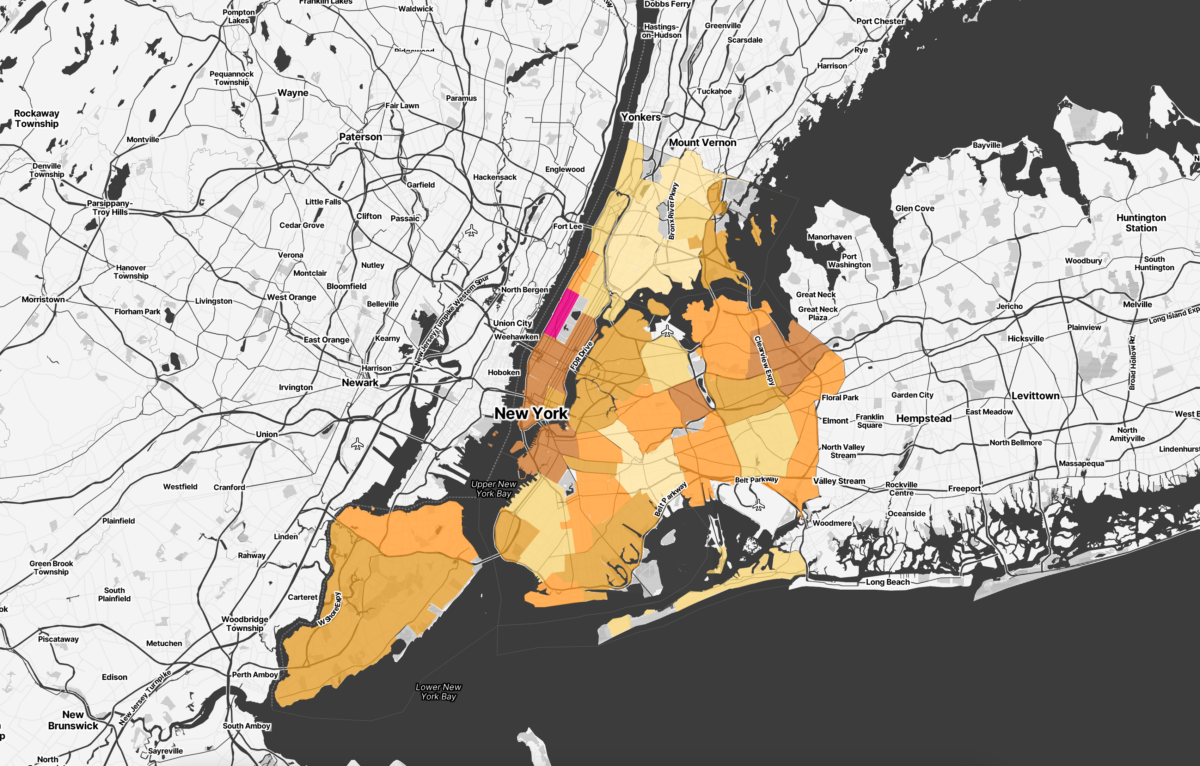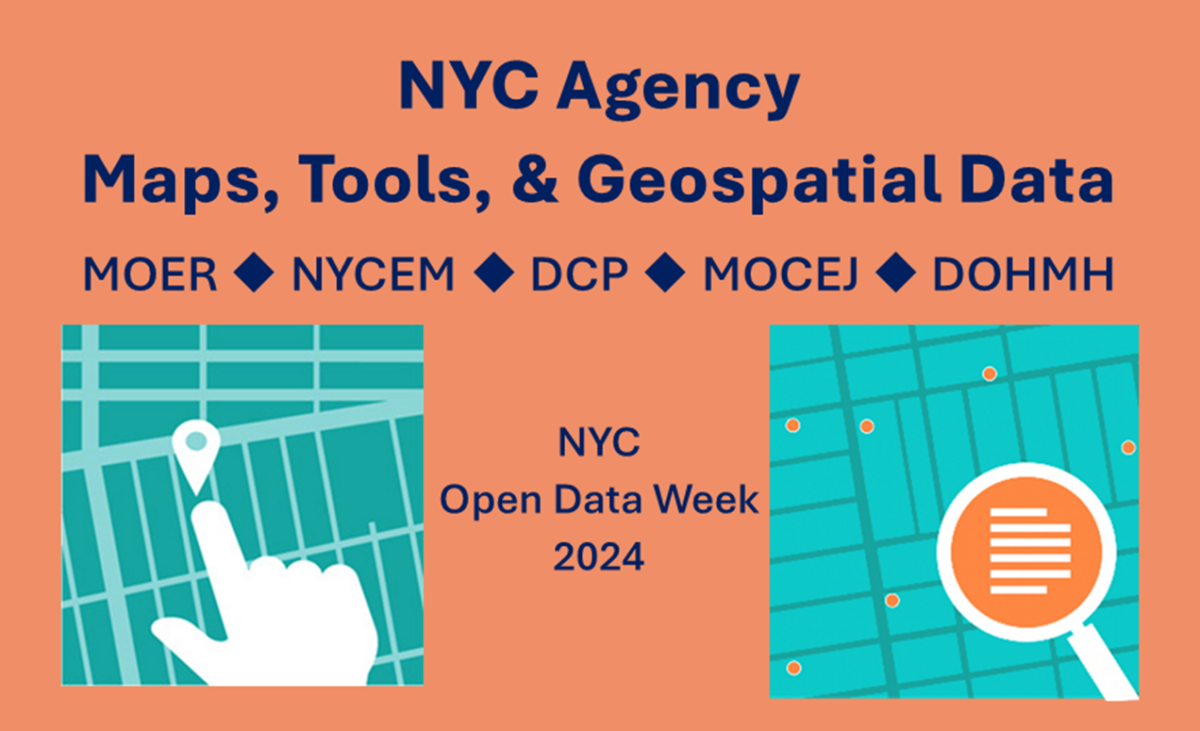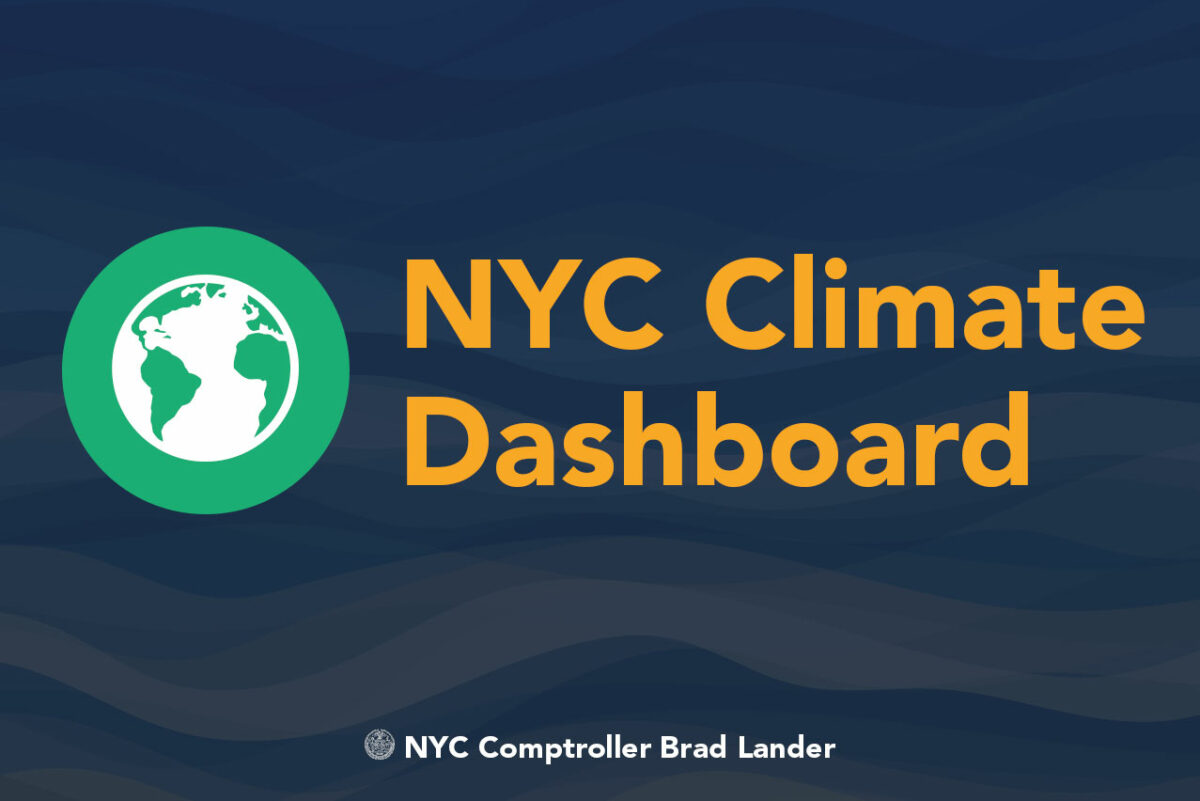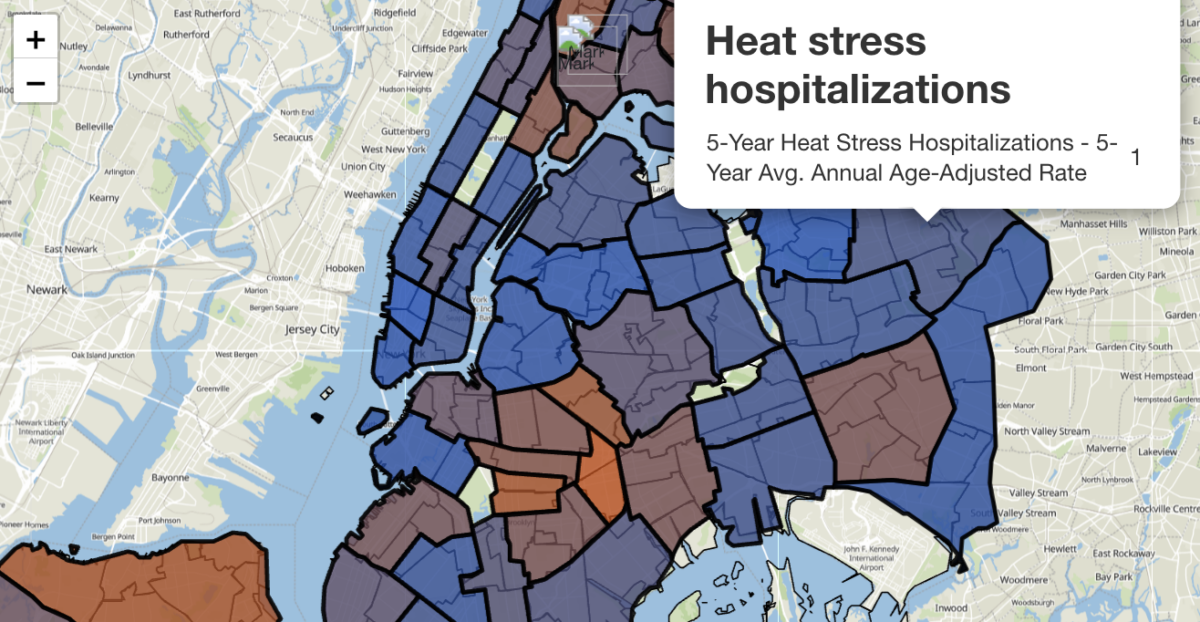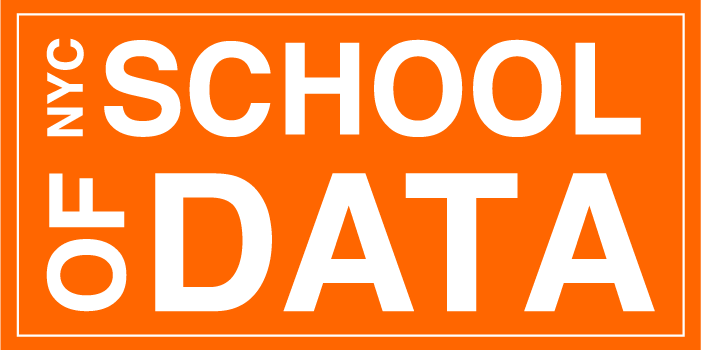Close out Open Data Week with BetaNYC!
When: Saturday, March 23 from 9am to 6pm
Where: CUNY School of Law
Website: schoolofdata.nyc
Registration: nycsodata2024.eventbrite.com
Join us for our annual community-driven public interest technology conference. Participants come to learn, network, and collaborate around public interest technology, data, and design in New York City. With programming support from the Open Data Team at the NYC Office of Technology and Innovation, our conference convenes city officials, technologists, designers, data analysts, and community members around open data, civic technology, and service design in New York City.
This year, we are commemorating the 14th anniversary of International Open Data Day, the 12th anniversary of the City’s transformative Open Data Law, and the conclusion of NYC Open Data Week.
There will be panels, workshops, demos, talks, presentations, and sessions with NYC agencies, on a range of civic topics. Whether you’re new to the community or well-acquainted, you’re invited to spend the day with us learning, sharing, discovering, and connecting around a shared passion to build a better civic society for ALL New Yorkers.
NYC School of Data is organized by BetaNYC, with programming support from the NYC Office of Data Analytics and hosted by CUNY School of Law.
Tickets include breakfast, lunch, coffee/beverages, an accessible venue, and childcare for those who need it. Thank you for helping us cover the costs of producing a large community event. Interested in volunteering? Interested in a scholarship ticket? Need childcare? Work for Government? Read on…
Scholarships: There are a select number of scholarship tickets available. Tickets are $35, and we will prioritize traditionally underserved and underrepresented communities. Learn more and apply before Wednesday, 20 March, at 5:00 PM.
Volunteering: The official deadline has passed, but you can still apply to volunteer at School of Data. We are reviewing applications in the order we receive them and will consider late ones on a case-by-case basis.
Childcare: This year, we have contracted Smart Sitting for on-site childcare for children under the age of 18. To use this service, you MUST be a ticket-holder, and you MUST register your child before March 21 by acquiring a Childcare Ticket on Eventbrite. Each child you register requires a ticket registration. There are limited spots available, so please sign up sooner rather than later!
Government Tickets: If you work for government and want to purchase $55 tickets via a check or a purchase order (PO), the opportunity closes on Wednesday, 20 March, at 5:00 PM. Please email < schoolofdata+govticket@beta.nyc >.
Important! To attend this event, you must register at nycsodata2024.eventbrite.com

